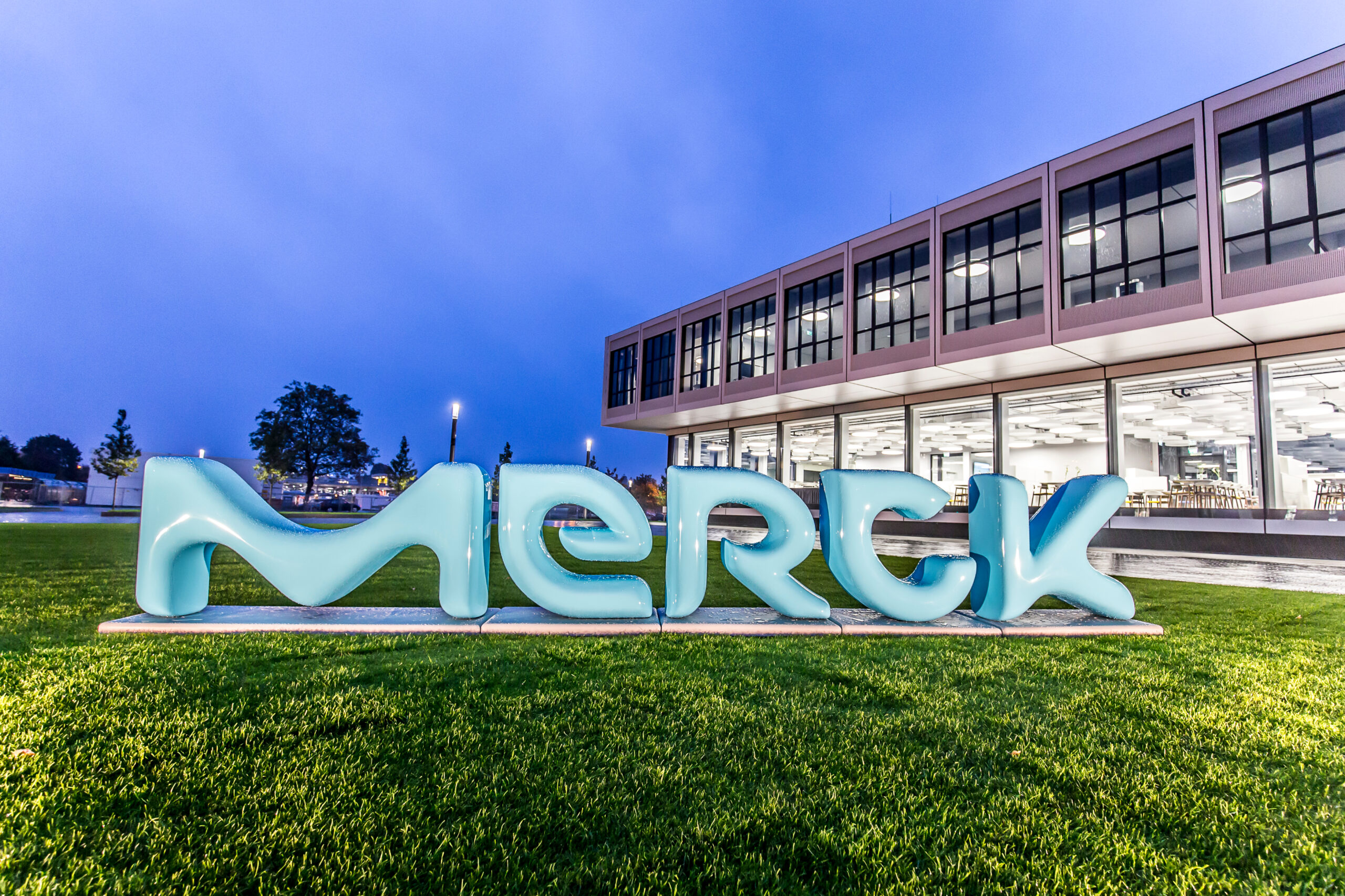Public Companies
Merck ends PhII trials of Alzheimer’s and depression small molecule after liver toxicity observations
Merck has ended work on two separate Phase II studies of its small molecule for treatment-resistant depression and mild-to-moderate Alzheimer’s disease,…


-

 Law & Regulation1 week ago
Law & Regulation1 week agoClearmind signs agreement with Hebrew University for psychedelic compound rights
-

 Psychedelics1 week ago
Psychedelics1 week agoCybin Announces Publication of Research Manuscript in the Journal of Medicinal Chemistry
-

 Psilocybin1 week ago
Psilocybin1 week agoCalifornia advances bill for psychedelics centers
-

 Psychedelics1 week ago
Psychedelics1 week agoRevive Therapeutics Announces FDA Acceptance of Meeting Request for Long COVID Diagnostic Product
-

 Psilocybin4 days ago
Psilocybin4 days agoPassover Perspectives: Psychedelics, Moses, and the Burning Bush
-

 Psychedelics1 week ago
Psychedelics1 week agoPsychedelics Can Offer More Than Therapy On Its Own
-

 Psychedelics4 days ago
Psychedelics4 days agoAlgernon NeuroScience and the Centre for Human Drug Research to Present DMT Phase 1 Stroke Clinical Data at the Interdisciplinary Conference on Psychedelic Research June 6 – 8th, 2024
-

 Psychedelics5 days ago
Psychedelics5 days agoRevive Therapeutics Announces Type C Meeting Request Granted by FDA for Clinical Study of Bucillamine to Treat Long COVID








